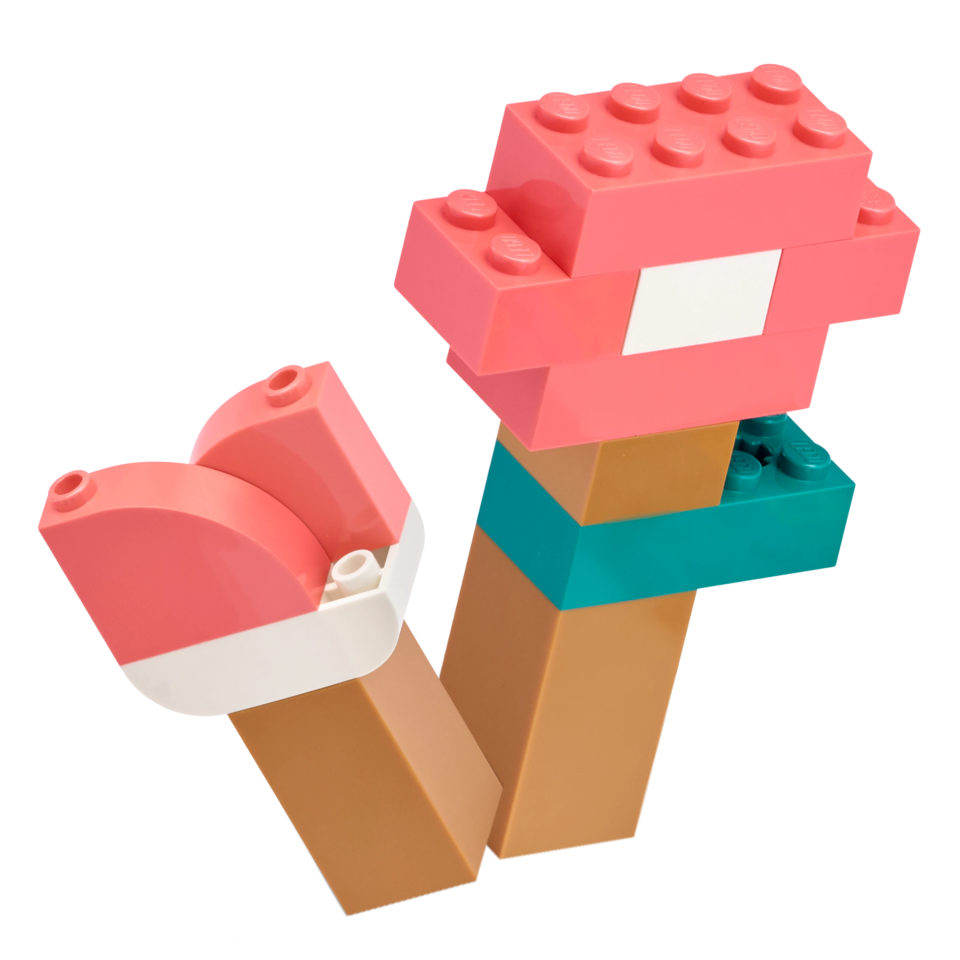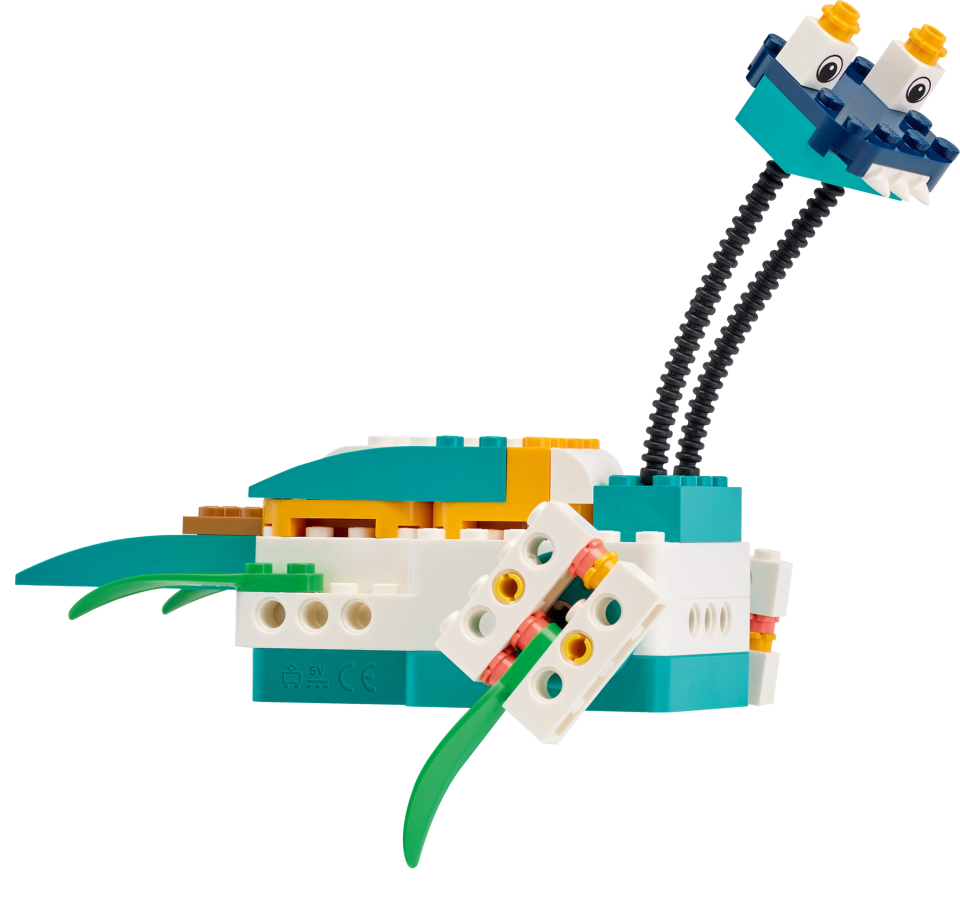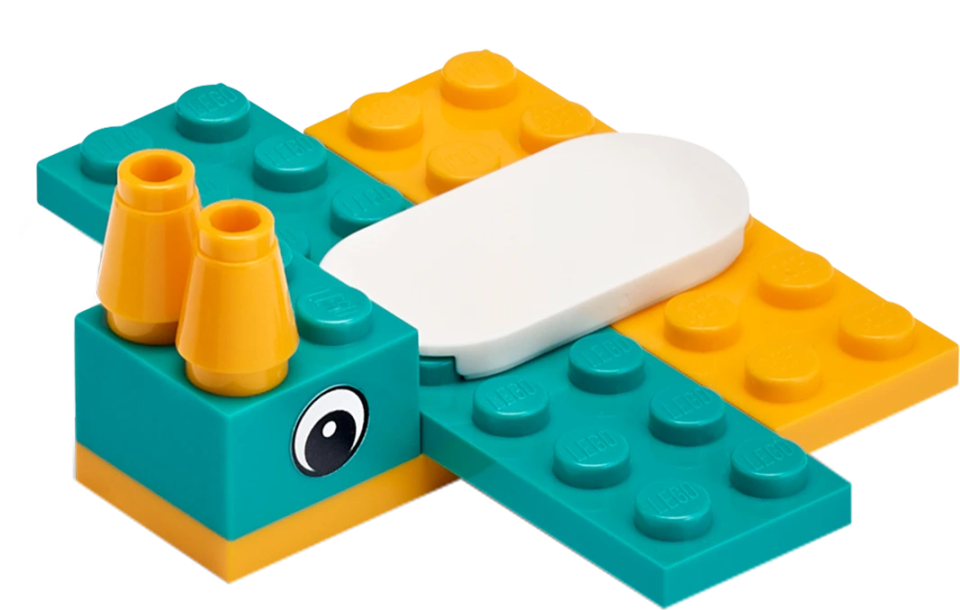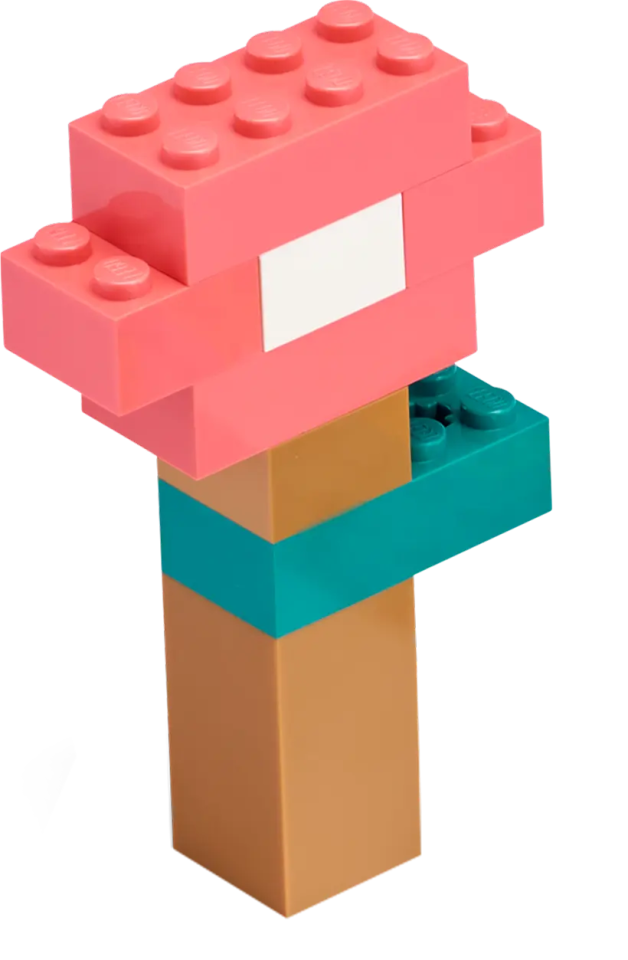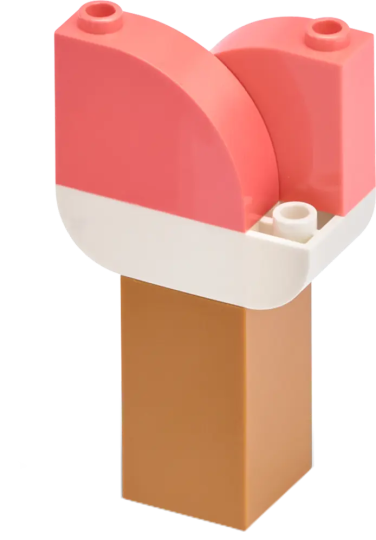Getting Started Project, part C: Milo’s Tilt Sensor
Discover how to use the Tilt Sensor to help Milo send a message to the base.
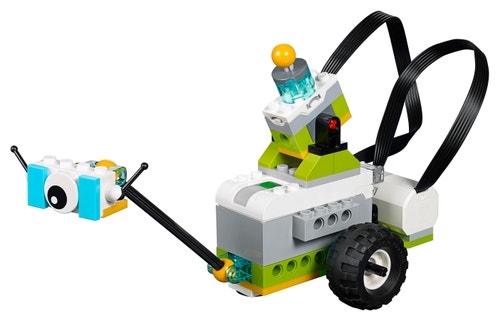
1. Preparation
(15-30 minutes)
• For information regarding general preparation, please see the “Classroom Management” chapter.
• Read through this project so you have a good idea of what to do.
• Prepare to introduce this project to your students.
• Define your expectations and theirs.
• Determine the end result of this project: Everyone should have a chance to build,
program, and document.
• Make sure that timing allows for expectations to be met.
Important
It is recommended that you complete the four Getting Started Projects in a single
sequence. If not, it is recommended that you complete these before moving on
to other projects. This will give the students ample time to explore the materials.
Approximate timing for the four Getting Started Projects is:
• Part A: Milo the Science Rover: 40 min.
• Part B: Milo’s Motion Sensor: 15 min.
• Part C: Milo’s Tilt Sensor: 15 min.
• Part D: Collaborate: 15 min.
2. Explore phase
(3 minutes)
When rovers locate what they are looking for, they send a message back to
the base.
Questions for discussion
- Why is communication between a rover and its base so important?
If a rover successfully completes a series of tasks, but fails to send back
the results, the mission will be deemed a failure. A communication link between
the remote rover and the base is essential. - How do we communicate with rovers?
Currently, satellites are used to transmit radio signals between the base and
the rover.
3. Create phase
(7 Minutes)
Using the Tilt Sensor and the provided building instructions, your students will build
a device that can send a message back to the base.
The program string will trigger two actions, depending on the angle detected by
the Tilt Sensor:
• If tilted down, the red LED will light up.
• If tilted up, a text message will appear on the device.
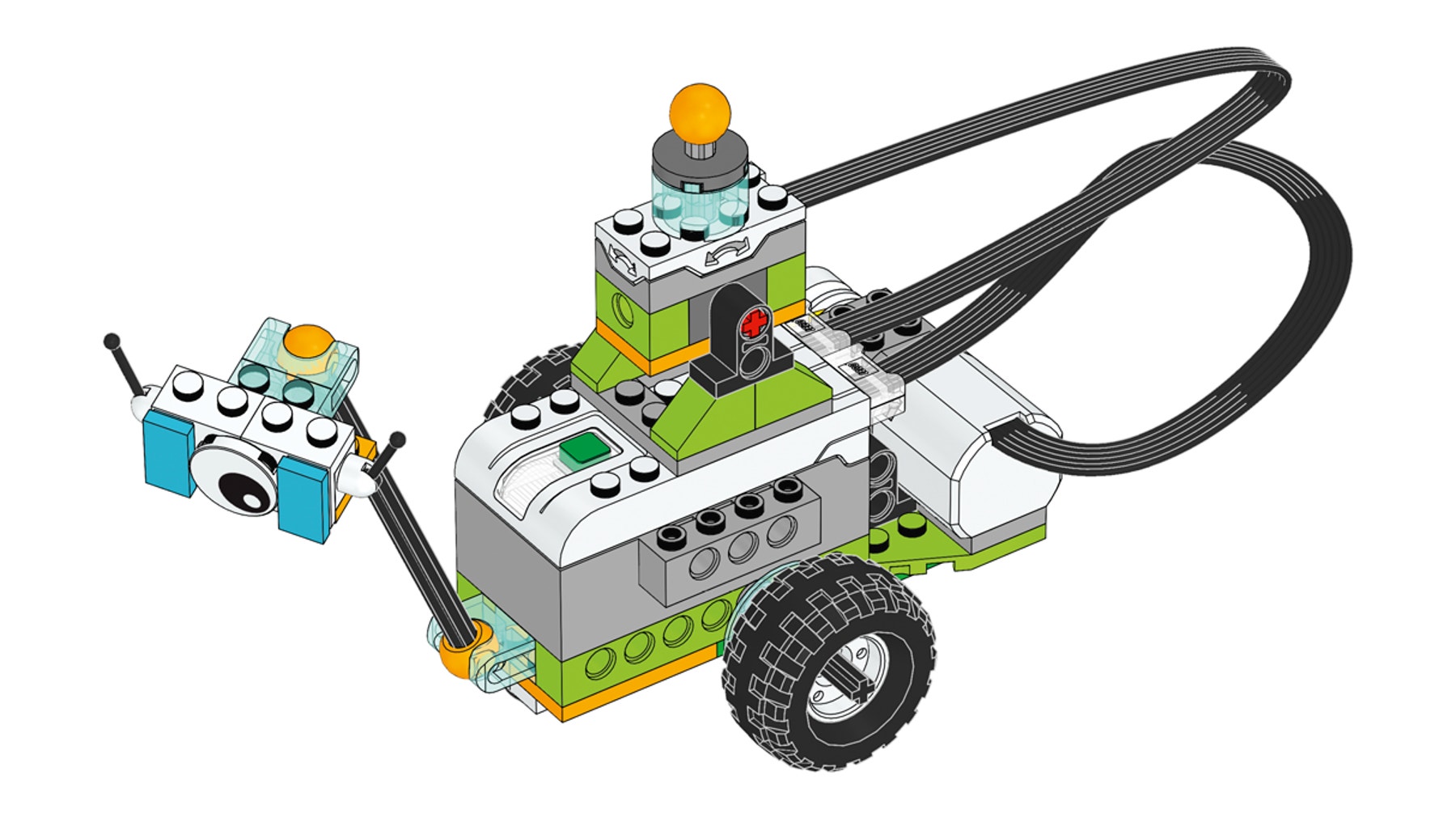

4. Share phase
(5 minutes)
Make sure that each student takes a screenshot of their final program. Ask them to
practise documenting the program strings they used in their project.
Teacher Support
Students will:
Create and program Milo's messaging arm using the Tilt Sensor.
Document Milo's communication with the base.
LEGO® Education WeDo 2.0 Core Set
WeDo 2.0 Software or Programming App
